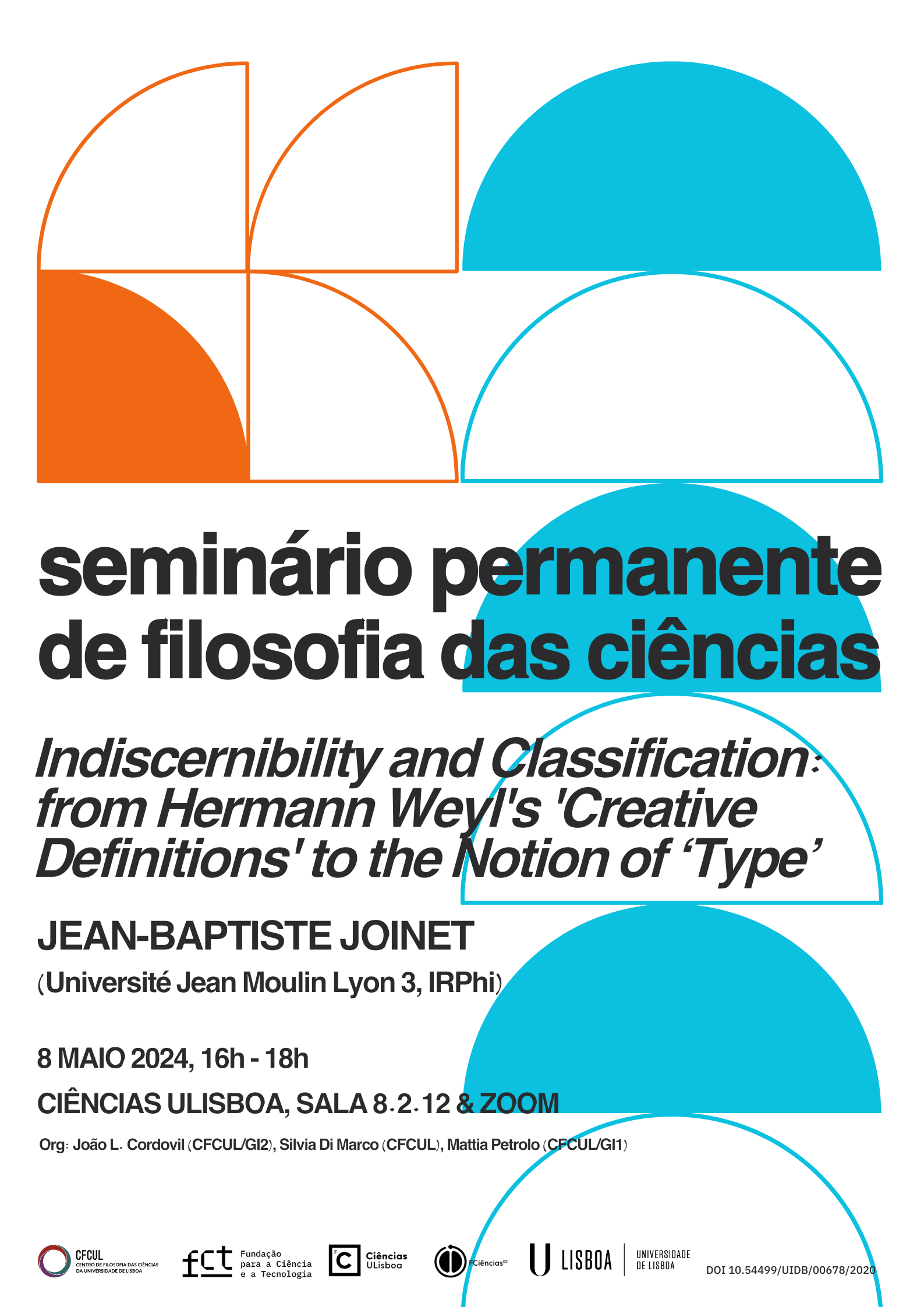
Abstract
At the end of the 19th century, the members of Peano School elaborated a typology of mathematical definitions. Among then, they distinguish “definitions by abstraction” – for the definition of which they create the concept of “equivalence relations”. Starting from the remark that equivalence relations (reflexive, symmetrical and transitive binary relations) may be redefined as being exactly the binary relations which are equal to any of the two indiscernibility predicates they induce, we will see how “definitions by abstraction” (or “abstraction principles” as Russell recoined them) may be reformulated in terms of relational indiscernibility. From there, Peano school’s definitions by abstraction appear to be but a particular case of a more general scheme of “abstraction principles” founded upon relational indiscernibility, which happen to be essentially the ones elaborated by Hermann Weyl under the name “Creative definitions”, to found the hilbertian notion of ideal element. After having extended that frame to indiscernibility predicates induced by binary relations between possibly different sets (generalizing the situation of indiscernibility induced by binary relations over a set), we will see that the notion of type (sets closed by bi-orthogonal, for an orthogonality operation defined from the binary relation) may play, in that context, the same role as the one played by equivalence classes in the particular case of definitions by abstraction.
Bio
Jean-Baptiste Joinet, was associated professor at the Philosophy Department of Université Panthéon-Sorbonne Paris 1 from 1993 to 2012. Since 2012, he is full professor at the Philosophy Department of Université Jean Moulin – Lyon 3. His specialties cover on one hand interactions between Mathematical Logic – in particular Proof Theory – and Computing Theory (proofs-programs and propositions-types correspondence, implicit complexity, linear logic, typing systems…); on the other hand, History and Philosophy of Logic (constructivism, foundations of Logic, abstraction and classification, negation, theory of definitions…) and of Computation theory (algorithms, computability, complexity, types, physical determinations of computation…).
Informações
O seminário será realizado presencialmente, na sala 8.2.12, mas será possível assistir também em videoconferência, via Zoom.
Link Zoom
https://videoconf-colibri.zoom.us/j/93674772569?pwd=azhjUnBZV1AzaEk1dEs5bm1xZEJHZz09
Password: 93674772569
Sala 8.2.12
Faculdade de Ciências da Universidade de Lisboa
Edifício C8, Piso 2
Campo Grande, Lisboa
Contacto
cfculcomunica@fc.ul.pt